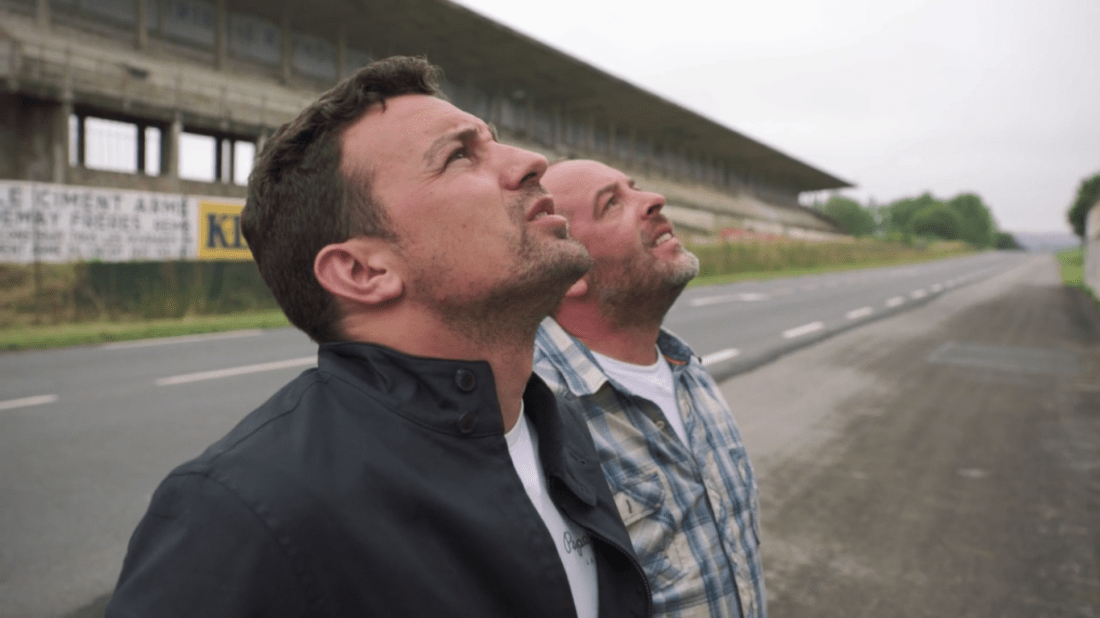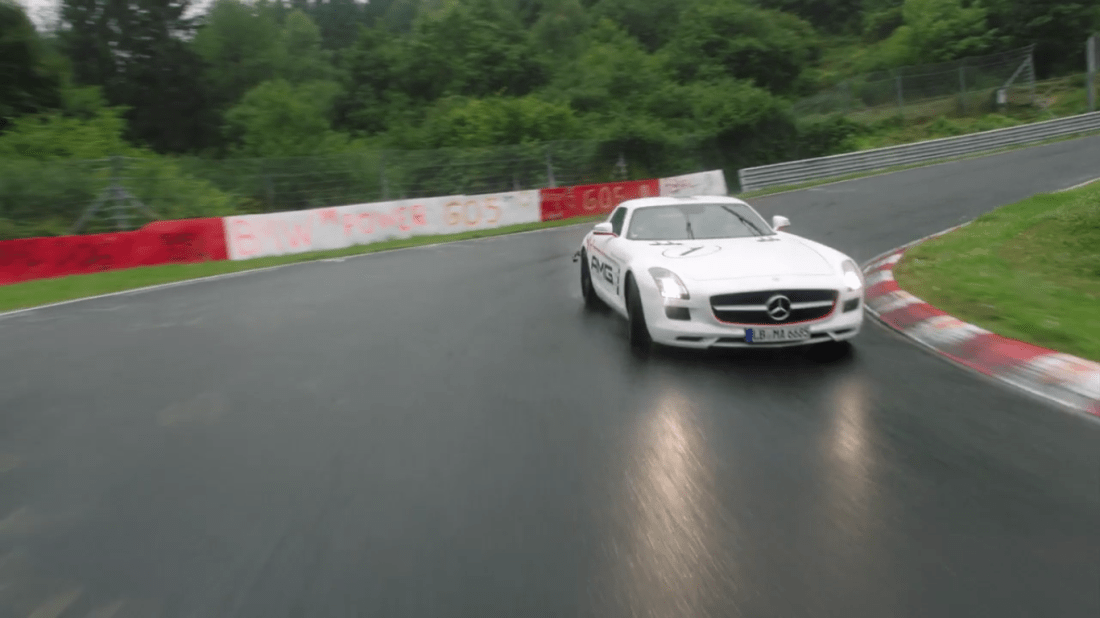The F1 Broadcasting Blog tends to only focus on the programming that BBC Sport and Sky Sports produce in relation to Formula 1. Given that the blog is UK-centric, that’s perhaps not surprising. However, over in the States, one broadcaster produced some top quality content in 2014 that is definitely worth reviewing on the blog. Enter NBC Sports.
It was announced in October 2012 that NBC Sports would be taking over the rights to cover Formula 1 in America, succeeding the SPEED Channel in covering the sport. NBC’s coverage, plus the return of the United States Grand Prix, has meant that viewing figures have surged in the States. Whilst numbers are still relatively small, and have yet to break into the millions, the rise can only be seen as good news for the sport, which looks to exploit the American market further.
One aspect outside of the NBC F1 team’s control is the number of commercials, however what they produce is of course in their control. Alongside its usual Off the Grid programme, which goes behind the scenes during a race weekend, NBC have also produced two documentaries under the Road To strand. This began with the Road to Ferrari, and has since been followed by the Road to Mercedes. The Road to Mercedes documentary premièred on NBC Sports during the 2014 United States Grand Prix weekend and, as with Off the Grid, it was presented by Will Buxton and producer Jason Swales. Immediately this is a striking difference compared to other Formula 1 programming that readers may have watched: Swales is normally a producer, yet he presents some of NBC’s programming alongside Buxton.

The title of the programme might give a clue about what it is about, a journey from Silverstone, the home of the British Grand Prix to Hockenheim, the home of Mercedes and home to the German Grand Prix (for 2014, at least). The journey, done aptly in a Mercedes GL63 AMG, takes Swales and Buxton through several motor sport hotspots. After going over the ferry (which was not Buxton’s favourite point!) from England into France, the two take a trip to Reims, the first of several trips down memory lane. The imagery at this point is simply stunning, looking down the old, disused pit lane at Reims. Some of the shots really help put things into context between the modern and ancient. It beggars belief that the old pit lane is still standing after nearly fifty years, but it is.
As night dawned, France turned into Germany, and quickly Reims turned into the Nürburgring. “When I think of the Nürburgring, I don’t think of this,” says Swales. Of course, Swales is comparing the current Grand Prix circuit to the Nordschleife. Before going around that beast though, Buxton and Swales take the Mercedes road car around the modern Nürburgring along with a visit to the Kiemele museum in Ditzingen. The Kiemele museum aims to restore old Mercedes cars back to a usable state. Buxton notes that it takes the museum 3,000 hours to restore one car, a mammoth effort just to get it into working condition. It was not long before Buxton ended up behind the wheel of one of the many cars that Kiemele had restored!

Next up, Buxton and Swales head to a Mercedes factory, in which we learn that producing a V8 engine takes only three and half hours – simply ridiculous and shows how sublime the work that Mercedes do is. A programme called the Road to Mercedes would not be complete without heading to Mercedes’ homeland: Stuttgart, which is where the Mercedes-Benz Museum is located. Buxton describes it best as “heaven”, with many classic motor racing cars on display. It was simply amazing to see the wide range of machinery. If you ever go to Germany, I get the impression that this is one place that must be on the ‘bucket list’ of places to visit.
The journey concludes at Hockenheim during the 2014 German Grand Prix weekend, in which Buxton gets a rare interview with Dieter Zetsche, the Head of Mercedes-Benz Cars. Following a recap of the race, it was clear that Hockenheim was not the final stop. Instead, it was back to the Nürburgring, except this time it was the Nordschleife in a Mercedes SLS. In the rain, with Nico Bastian driving Will Buxton around the monster of a track. Typically, Flight of the Valkyries can be heard in the background as Bastian tackles the beast and Buxton hangs on as best as he can! Again, like at Reims earlier, this produced some fantastic imagery as the Mercedes SLS snapped sideways on a few occasions.
“I feel sick,” Buxton exclaims as he gets out of the SLS. The programme is just one of many excellent programmes that the NBC Sports have produced in the past two years, showing that it is not just BBC and Sky that produce good Formula 1 programming.
